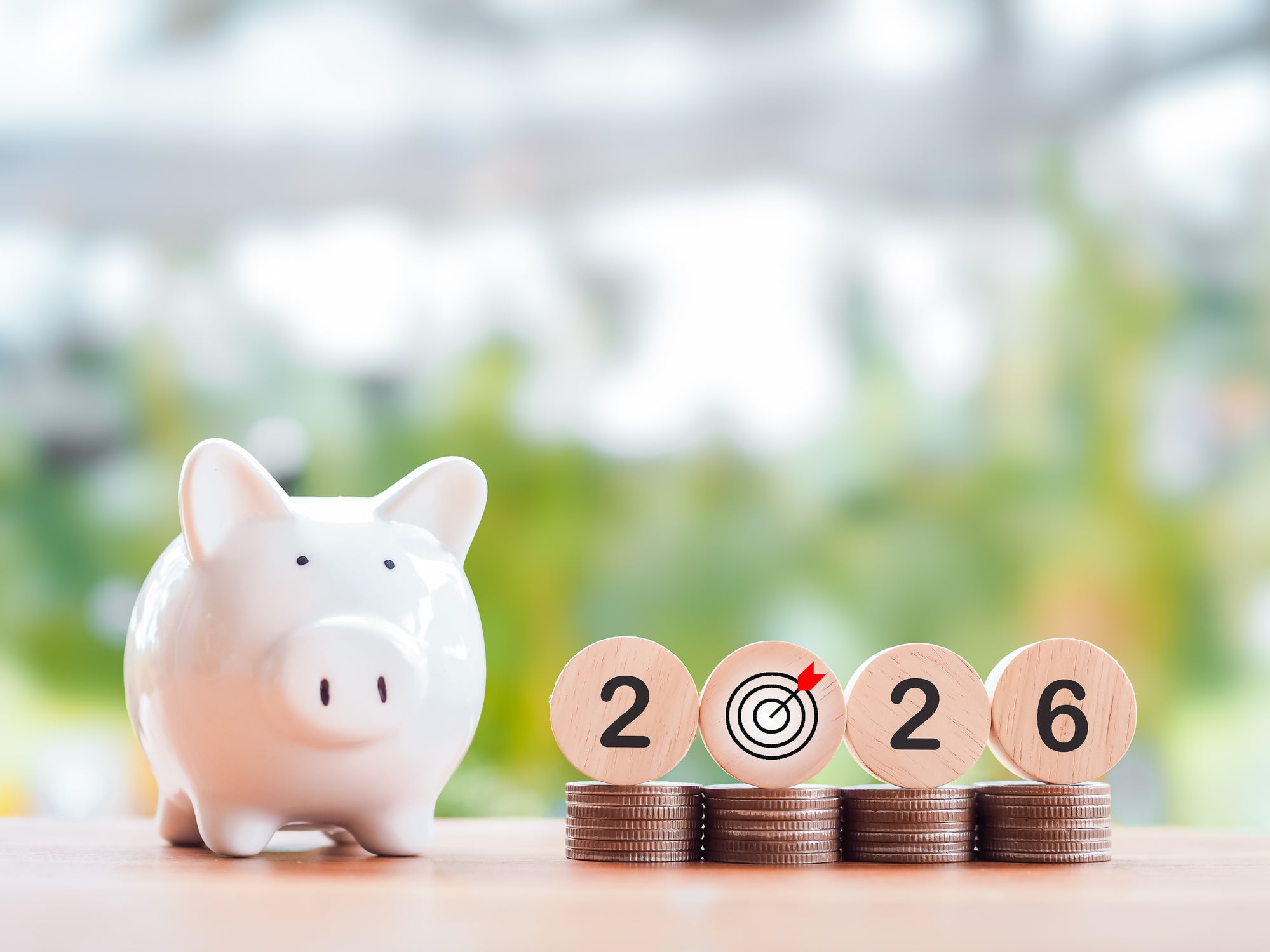- Money
The Budget reduced savers’ allowance for cash ISAs to £12,000 a year – but would you be better off investing anyway?
Marc ShoffmanMoney writerThursday 27 November 2025 12:31 GMTComments open image in galleryThe new year could be a good time to shift some savings over into stocks and investments (Getty)SPONSORED BY TRADING 212
open image in galleryThe new year could be a good time to shift some savings over into stocks and investments (Getty)SPONSORED BY TRADING 212The Independent Money channel is brought to you by Trading 212.
Many savers may be pushed towards investing in the coming months after changes in the Budget – but how do you manage that shift from the safety of savings to the stock market?
Slower inflation may encourage more interest rate cuts, which could push savings rates down, while the reduction in the Cash ISA allowance could make it more effective to stash your savings in a stocks and shares ISA for tax-free returns.
Starting an investing account can be daunting. Cash savers only have to worry about the provider, deposit limits and the interest rates and terms on offer. But putting your money to work on the stock market can be more complicated.
There are other factors to consider such as the investment platform you choose, the type of tax wrapper and the asset you invest in – such as funds or stocks – as well as your own risk attitude. Investing does tend to beat leaving money in cash over the long term though, so it is worth getting started in the stock market once you’ve built an initial savings safety net.
The Independent spoke to Jason Hollands, managing director of Bestinvest, to provide his top tips on how to begin your investment journey.
Think about your goals and time horizon
Take the time to think about what goals you are trying to achieve with the money you are putting away. You could invest for a mortgage deposit or maybe your child’s future, or even your own retirement.
Hollands said: “Having clear goals in mind helps you think about a potential time horizon for how long you anticipate remaining invested and that, in turn, will help determine the level of risk you can afford to tolerate.”
Investors with a very long-term time horizon may be better off investing in shares.
 open image in galleryTime is money: Investors with a long-term horizon might prefer shares (Getty)
open image in galleryTime is money: Investors with a long-term horizon might prefer shares (Getty)Alternatively, bonds, which pay a fixed return, could be more appropriate for shorter time horizons and more cautious investors – but the returns are likely to be lower than investing in equities.
Consider how involved you want to be
The main investing options are putting money in individual shares and bonds, or to use a fund where an asset manager builds a portfolio for you.
Get a free fractional share worth up to £100.Capital at risk.
Terms and conditions apply.
Go to websiteADVERTISEMENT
Get a free fractional share worth up to £100.Capital at risk.
Terms and conditions apply.
Go to websiteADVERTISEMENT
Hollands said: “While some first-time investors are keen to develop a new hobby, learning to research companies and start buying and selling individual shares and bonds, this isn’t for everyone.
“Most people choose to invest via funds where their money is pooled together with other people’s cash and invested in a portfolio either chosen by a fund manager or designed to replicate an overall market benchmark – such as the UK’s FTSE 100 or US S&P 500 indices.
“Fund investing is less risky than direct investing because your investment is diversified across many different holdings.”
Choose the right platform and account type
You can build your own portfolio through a DIY investment platform or you could pay a financial adviser to help make a plan and identify the most suitable options for you.
The type of platform you choose will depend on how you want to invest.
 open image in galleryThere are a wide range of investment platforms, catering to different types of users (Getty/iStockphoto)
open image in galleryThere are a wide range of investment platforms, catering to different types of users (Getty/iStockphoto)Hollands said: “Some are aimed primarily at share traders, so low transaction charges and stock research tools will be important features if you want to go down this route.
“Others are aimed primarily at fund buyers and here the charging structures, tools and level of support if you want the ability to speak to someone are things to consider.”
Also consider the type of account you invest through, such as a stocks and shares ISA for tax-free returns, or a self-invested personal pension (SIPP) if you are saving for your retirement.
Diversification matters
Diversification – or spreading your investments – can help reduce risk and gain exposure to a wide range of opportunities.
Hollands warns: “Novice investors often overlook this and start diving in headfirst, picking funds or shares they like the sound of, are being tipped or have performed well of late. This is a very risky approach.”
Before you make your first investments, says Hollands, decide how much you want to be exposed to different asset classes and regions and only once you have a plan in place, then consider which investments you should choose to populate that plan.
Be aware that periodically you should review your mix and potentially rebalance it.
If this sounds daunting, Hollands suggests considering multi-asset “ready-made portfolios” that provide diversified exposure to a mixture of asset classes and markets to suit different risk profiles.
Regular investing
Time in the market is more important than timing so you shouldn’t worry about short-term economic or political events which may temporarily hit your portfolio.
Hollands said: “Regular investing, such as making a monthly contribution via a direct debit into a chosen fund, can help overcome worries about timing and it also smooths out the short-term swings in prices that you will buy your investments at.
“Investing regularly will keep you going through the ups and downs, steadily building your wealth and is a great discipline.”
When investing, your capital is at risk and you may get back less than invested. Past performance doesn’t guarantee future results.
More about
stock marketSavingsSharesIsasInvestingTrading 212Join our commenting forum
Join thought-provoking conversations, follow other Independent readers and see their replies
Comments

